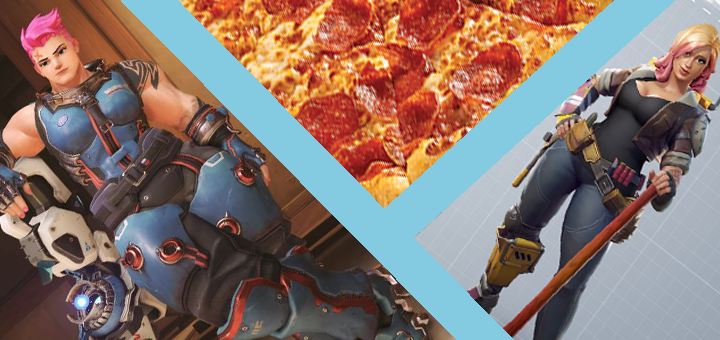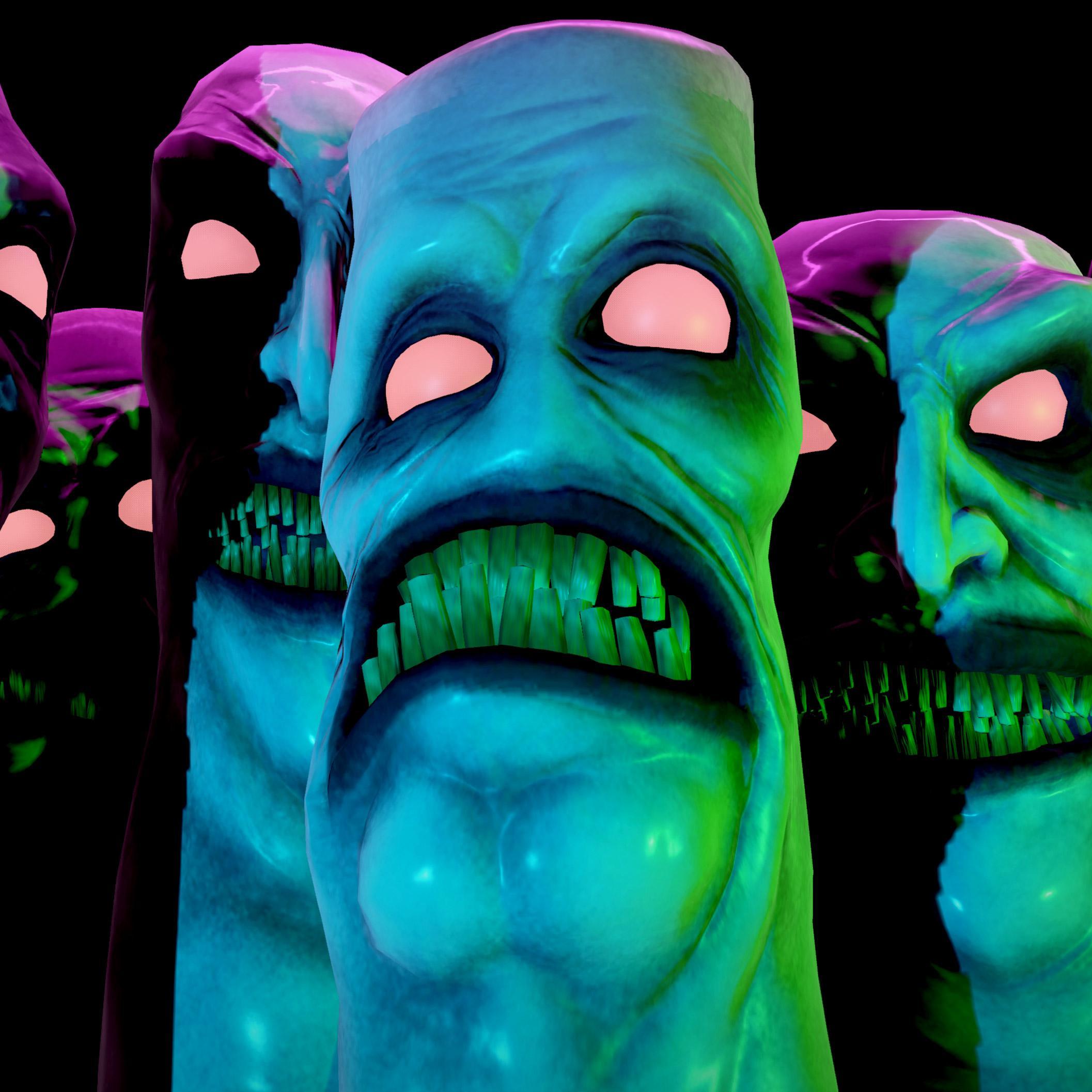I can remember the first time I learned about body dysmorphia in men. I was in a classroom listening to young men reminisce about their high school wrestling days. They wore garbage bags under their clothes when they went running to sweat off extra pounds. They ate nothing but pudding for a week. They would vomit right before weigh in.
I heard stories of young men buying and selling steroids out of the trunks of their cars. I heard stories of young men who had damaged their bodies by overexercising. I heard stories of men who never felt “big” enough, who would stare into their mirrors and never see the rippling abs and biceps of so many of their heroes.
Eating disorders and body dysmorphia are serious issues that affect both men and women. According to an article in the British Medical Journal: “One American study, for example, found that the percentage of men dissatisfied with their overall appearance (43%) has nearly tripled in the past 25 years and that nearly as many men as women are unhappy with how they look.”
Equally as alarming is the statistic: “muscle dysmorphia may lead to potentially dangerous abuse of anabolic steroids, and studies indicate that 6-7% of high school boys have used these drugs.”
All of this came to my mind when I sat down to play the demo of Duke Nukem Forever a couple of weeks ago. I despise this particular character, but I held my nose and decided to see it for myself. The first thing the demo asked me to do was urinate–a reminder that this game would revolve around my manhood. By now, most people admit that Duke Nukem Forever is a grossly ill-conceived game that perpetuates dangerous stereotypes about masculinity and femininity. In fact, in the game, Duke Nukem uses steroids and beer to fuel his “ego” (instead of health) bar.
Suddenly, this put a chilling twist to the recent Time Magazine article, “Psychology: We Play Video Games to Chase Our ‘Ideal Selves'” by Chris Gayomali.
In the article, Gayomali references a study by Dr. Andy Przybylski, a researcher at the University of Essex. According to Dr. Prybylski: “A game can be more fun when you get the chance to act and be like your ideal self.” He goes on: “I was heartened by the findings which showed that people were not running away from themselves but running towards their ideals.” The article mentions games like the Sims, World of Warcraft, and other games that allows us to be ” an athlete, a rock star, a superhero.”
This information is presented to us as if it should be celebrated. Indeed, there does not seem to be an interrogation of what is the source of such ideals and if these ideals are beneficial to us.
The Time article offers this somewhat disturbing statement: “It’s a promising thought. If you take a look at a number of the best selling franchises—everything from Madden, to Guitar Hero, to Assassin’s Creed—they offer characters we can picture ourselves as.”
They offer characters we can picture ourselves as? Duke Nukem? The scantily clad women of Mortal Kombat? Kratos?
As a woman, should I picture myself as one of the saloon whores in Red Dead Redemption , or should I be the gruff, scar-faced male avatar? Is this my ideal? I do admit that there is a certain power in being a character who is impossibly strong, fearless, and capable of such feats I could never achieve in even my dreams. But, whose ideal is this?
Yes, there are games where you can construct your own avatar, complete with costumes, attributes, and features, but who is constructing whom?
We already know that female and male are social constructs. To define is to confine. Once we decide upon a definition of femininity and masculinity, we remove the possibility for traits that do not fall into these two restrictive categories.
It seems like a game of Russian dolls. Construct inside of construct inside construct with the outside painted face an ideal no one seems to know not to want.
Game designers create these supposed ideals that society has predetermined. Am I supposed to want to have large breasts that jiggle whenever I crack a whip? Should I want to be a vampish German jazz singer, or one of the crudely naked and murdered women of L.A. Noire?
And, so, we sit in our darkened living rooms, our own imperfect faces shadowed by the light of our televisions, controllers in hand, and we play and play and play waiting for a time when we can stop chasing these ideals and finally find a vision of ourselves.




